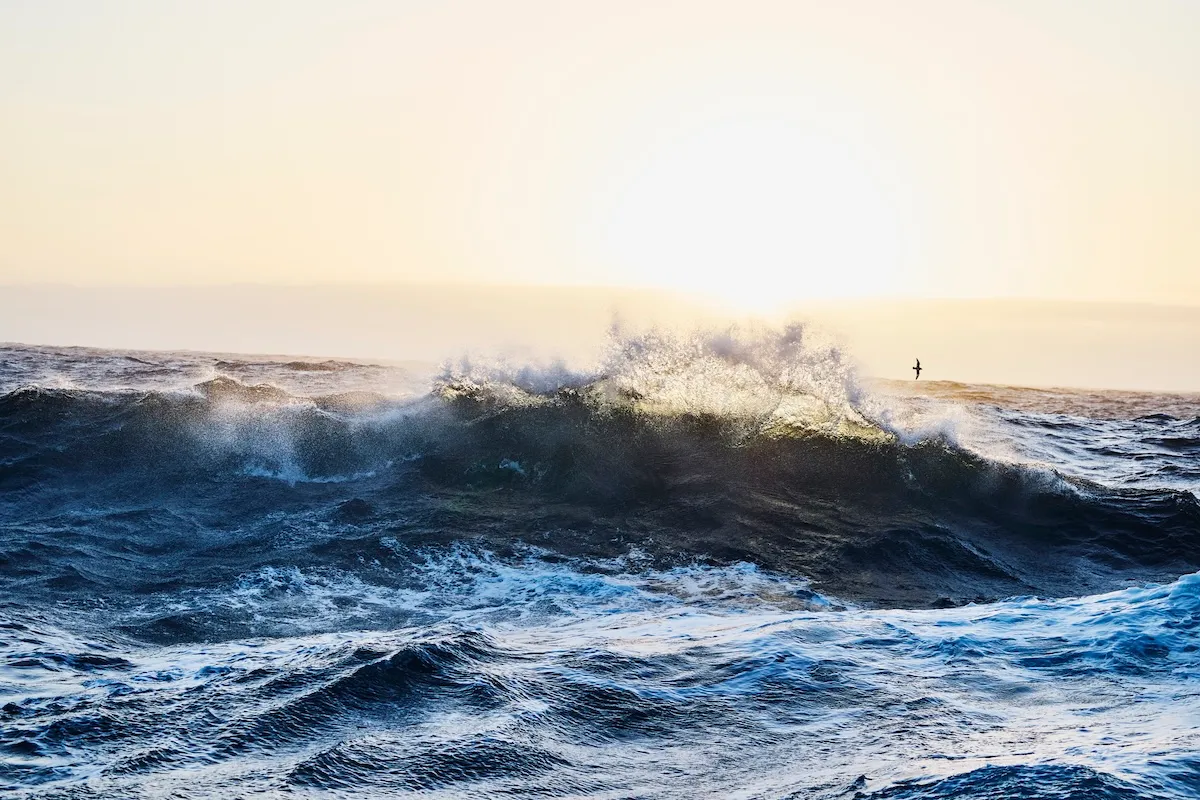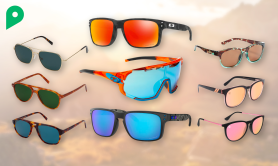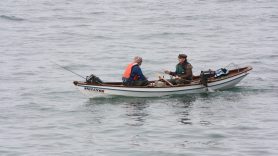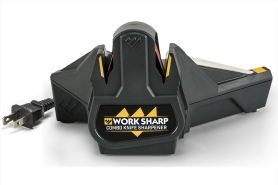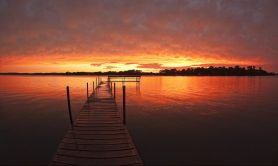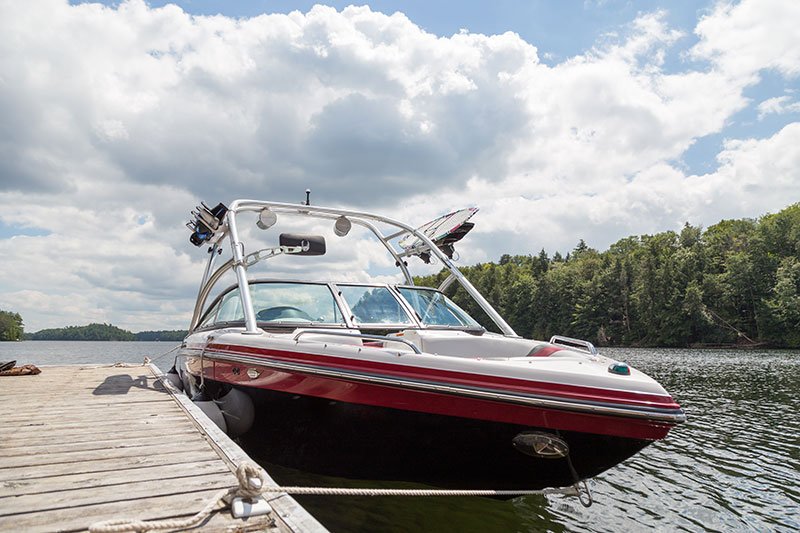

With heightened interest in outdoor recreation activities and ways to social distance, consumer demand for new boats surged across the country in 2020. The National Marine Manufacturers Association (NMMA), representing North American recreational boat, engine and marine accessory manufacturers, reports that retail unit sales of new powerboats in the U.S. increased last year by an estimated 12 percent compared to 2019. More than 310,000 new powerboats were sold in 2020, levels the recreational boating industry has not seen since before the Great Recession in 2008.
Videos by Outdoors
“2020 was an extraordinary year for new powerboat sales as more Americans took to the water to escape pandemic stress and enjoy the outdoors safely,” said Frank Hugelmeyer, NMMA president. “For the first time in more than a decade, we saw an increase in first-time boat buyers, who helped spur growth of versatile, smaller boats – less than 26 feet – that are often towed to local waterways and provide a variety of boating experiences, from fishing to watersports.”
The following new powerboat categories drove record retail unit sales in 2020:
• Sales of personal watercraft, including Jet Ski, Sea Doo and WaveRunner are estimated to be up 8 percent to 82,000 units in 2020; with accessible entry-level price points, personal watercraft are often considered a gateway to boat ownership.
• Sales of wake boats—popular for wakesurfing, skiing and wakeboarding and attractive to new and active boaters—are estimated to be up 20 percent to 13,000 units in 2020.
• Sales of freshwater fishing boats and pontoons boats, often sought for their versatility and entry-level price points and accounting for 50 percent of new powerboats sold in 2020, are expected to be up 12 percent to 143,000 units.
Boat sales are expected to remain at historic levels in 2021 as manufacturers continue to fill a backlog of orders from 2020. Pandemic-related supply chain constraints curbed powerboat production and shipments for several months in 2020, which are expected to subside and restore marine manufacturing to normal levels this year. Additionally, social distancing measures are likely to continue well into the latter months of 2021, spurring additional interest in safe outdoor recreation activities including boating.
“We expect consumer interest in boating to remain strong through 2021 and beyond, with millions of Americans discovering the mental health benefits and joys of being outside and on the water,” noted Hugelmeyer.
U.S. Recreational Boating by the Numbers (Source: the NMMA)
Additional statistics on the industry’s size, makeup and demographics include:
· Retail unit sales of new powerboats in the U.S. increased in 2020 by 12 percent compared to 2019, surpassing pre-pandemic expectations of a two percent increase.
· Annual U.S. sales of boats, marine products and services are estimated to total $47 billion in 2020, up 9 percent from 2019.
· With the retail price of a new aluminum boat package (includes trailer, engine & other accessories) averaging $36,000 and new personal watercraft averaging $13,000, there’s opportunity for boating to attract more participants as families look for responsible ways to distance and get on the water near home.
· Boaters come from all walks of life, financial backgrounds and areas of the country.
o An estimated 100 million Americans go boating each year.
o Sixty-one percent of boaters have an annual household income of $75,000 or less. Source – United States Coast Guard
o Ninety-five percent of boats on the water in the U.S. are less than 26 feet—boats that can be trailered by a vehicle to local waterways.
· Ninety-five percent of boats sold in the U.S. are American made.
· The recreational boating industry supports 691,149 American jobs (511,117 direct jobs and 180,032 indirect jobs) and 35,277 American businesses.
· Outdoor recreation makes up 2.1 percent of U.S. GDP, generating $788 billion in real gross output and supporting 5.2 million jobs. Source – U.S. Bureau of Economic Analysis (BEA)
· Boating and fishing are the largest outdoor recreation activities in the U.S., totaling $23.6 billion in current-dollar value added. Source – BEA
· Outdoor Recreation is 3.3% of U.S. employment. In comparison, hospitals make up 3.3%, educational services 2.4%, real estate 1.5%, and agriculture 0.9% of U.S. employment. Source – BEA

